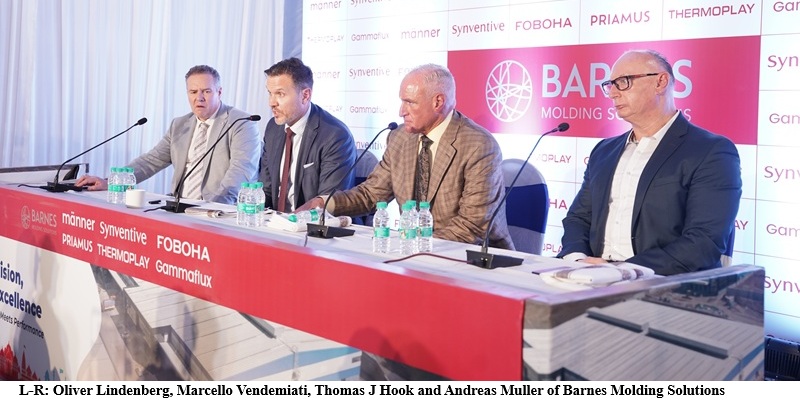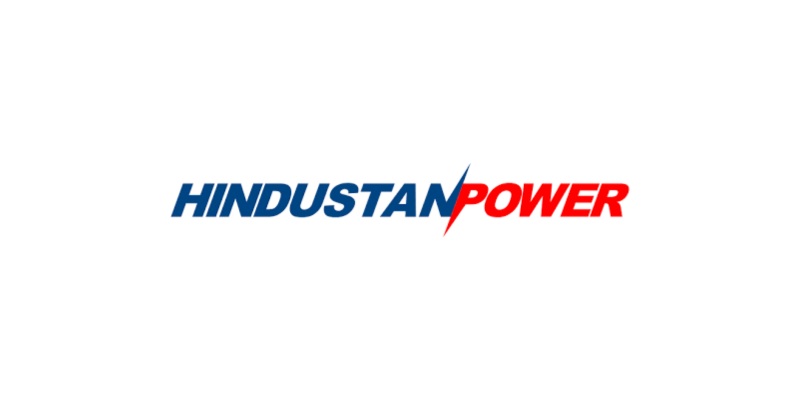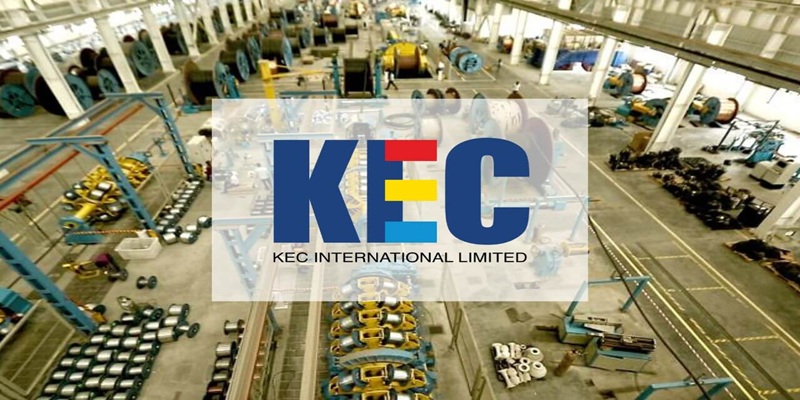Schedule a Call Back
GST will take battery recycling industry to organised domain
 Interviews
Interviews- Sep 01,17

…says Rajat Agrawal, MD of the Jaipur-based Gravita India, one of the leading recyclers of non-ferrous metals in India offering eco-friendly lead battery recycling technology. Agrawal is first generation entrepreneur and has over 24 years of experience in the manufacturing sector. In this interview with IPF, he sheds light on the status of battery recycling industry in the country.
How is the market for battery recycling in India?
Lead is integral part of lead acid batteries. Globally, more than 70% of lead is being used in this segment. The major drivers of lead acid battery in India are sectors such as automotive, telecom, e-rickshaw, non-conventional power sector and power back equipment. The lead demand will be largely driven by growth of sectors like auto, telecom & solar power, and urbanisation & smart city development. The estimated growth of lead market is above 12% during next three to five years. Gravita Group is in the field of lead metal processing and lead battery scrap recycling technology. We have been serving customers in India and overseas since past more than 20 years and offers the widest product range of pure lead & customised lead alloys for various segments including power cables, lead acid batteries for automotive & industrial segment, pigments & chemicals, customised alloys for specific applications.
Battery recycling involves lots of health hazards to the worker’s involved. How do you ensure batteries are safely recycled?
Recycling industry plays a vital role in conservation of metal resources and cleaning the environment. Lead recycling has bigger role due to lead being hazardous in nature. The formal players have ample capacity to recycle lead scrap eco-friendly manner. The smelting plant is fully integrated with pollution control modules and can be configured for a wide range of battery recycling capacities.
Our prime objective is to save mineral resources by maximising the recovery of lead metal from scrap ensuring environmental compliances. Our energy-efficient, eco-friendly recycling operations play a vital role in contributing to the nation in terms of safeguard resources and manage scrap/waste efficiently. It is not only helping in reusing metal but also handling wastages without affecting environment.
Are you seeing more & more big companies entering this segment?
Globally, recycling business is handled by well-organised players. Gaps in fiscal structure and un-organised management of scrap are responsible for more un-organised players in India. The recent developments of GST and demonetisation will take this industry to organised domain. With this development, one can expect more involvement of organised players in recycling business. Do you think, the present regulations are good enough to encourage battery recycling? If not, what more needs to be done?
The implementation of stringent environment regulations will affect lead production in short run. The informal segment has big share in lead recycling. The entire informal sector operates on compromising means on environmental guidelines.
The formal players have ample capacity to recycle lead scrap eco-friendly manner but due to non-availability of metal scrap they are running well below capacity. Hence, environment regulation will not affect availability of lead in Indian market due to shift over of lead scrap from informal to formal one.
Some of the suggestions to government are incentivise recycling operation, develop dedicated zones for eco-friendly recycling, Incentivise usage of recycled metal in application segment, Enforce stringent environment norms, etc. Government should issue licences for scrap collection centres so that scrap flow in informal segment can be minimised.
In addition, efforts should be made to develop a closed loop among users, collection centres, metal recyclers and OEMs. Government should ensure strict implementation of BMHR 2010 (Battery Management Handling rules) guidelines. For ensuring level playing field to compete against FTA imports, there should be zero duty on scrap imports.
Related Stories

GST will take battery recycling industry to organised domain
Rajat Agrawal, MD of the Jaipur-based Gravita India, one of the leading recyclers of non-ferrous metals in India offering eco-friendly lead battery recycling technology. Agrawal is first generation ..
Read moreRelated Products
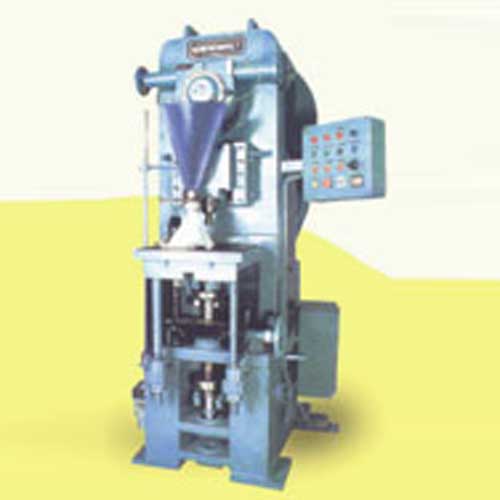
Powder Metallurgy/pressfast Powder Compacting Press
<p>New Met Pvt Limited offers a wide range of powder metallurgy/pressfast powder compacting press.<br></p> Read more
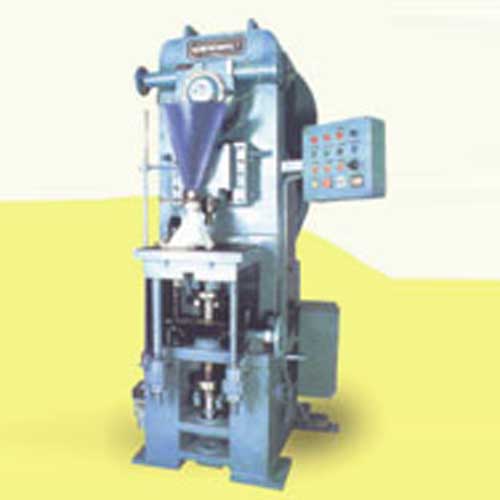
Powder Metallurgy/pressfast Powder Compacting Press
New Met Pvt Limited offers a wide range of powder metallurgy/pressfast powder compacting press.
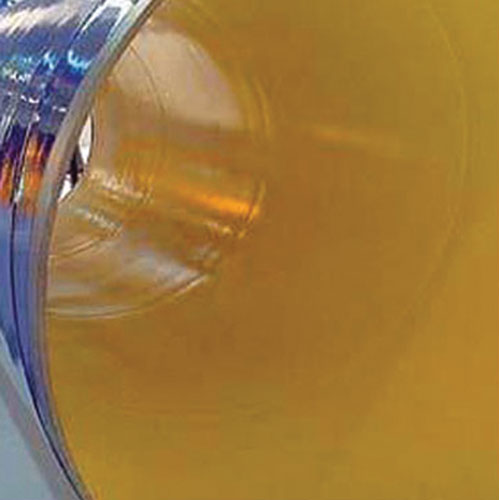
Corrosion Protection Materials
Shri Balaji Industries manufactures corrosion protection materials.





